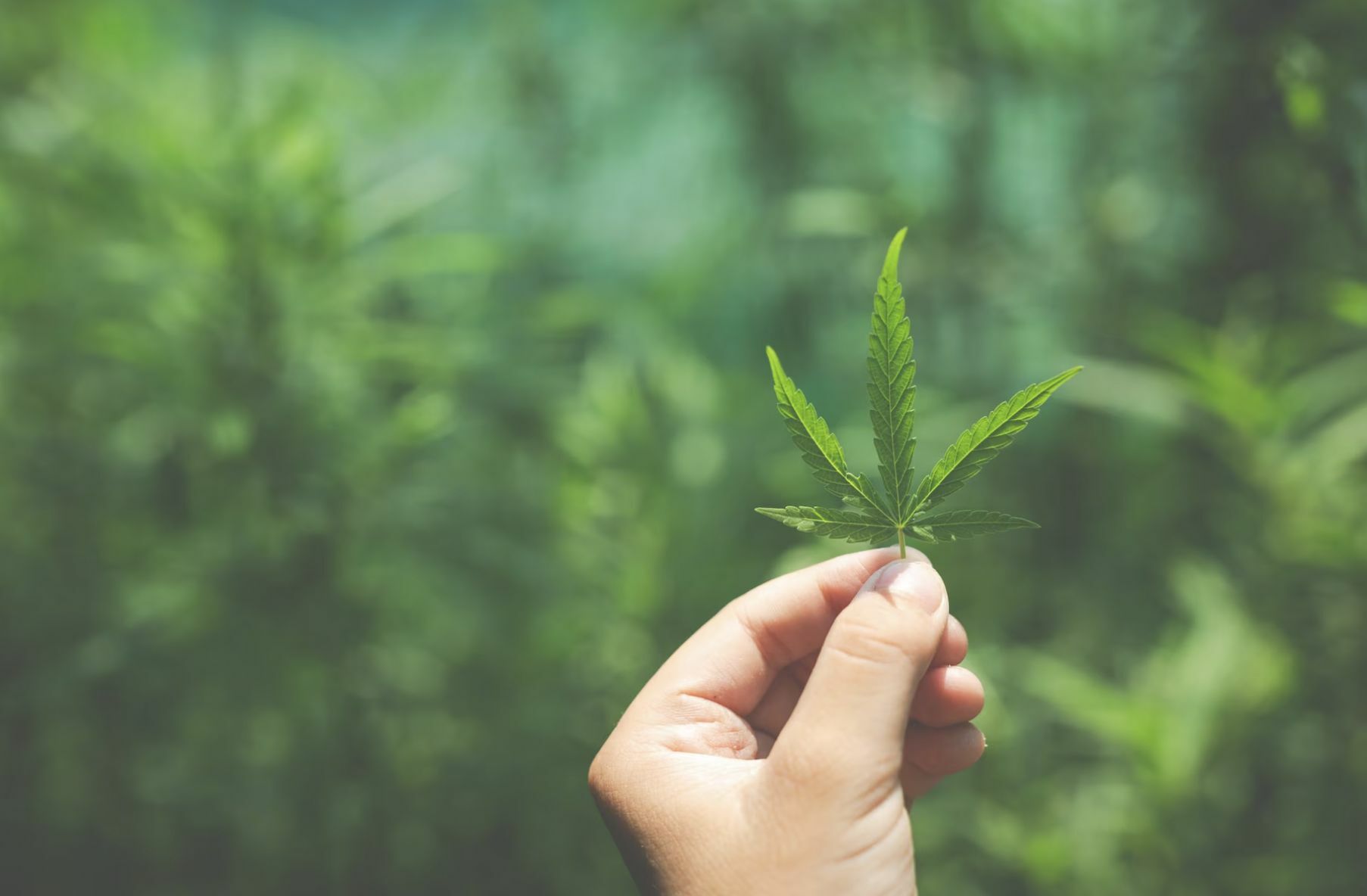Khao San cannabis vendors face charges for operating without licenses

A joint operation involving the Department of Thai Traditional and Alternative Medicine (DTTAM), Metropolitan Police Bureau, Chana Songkhram police, and City Hall staff has led to the pressing of charges against five unauthorised cannabis shops located on Khao San Road. The crackdown took place on April 20, following the postponement of ‘420’ weed parties that were intended to take place on the same day but were later moved to June 9 after the general election.
Dr. Tewan Thaneerat, deputy director of DTTAM, expressed that the raid’s main goal was to engage in a proper discussion with people and business owners about the cannabis use rules enforced by the Public Health Ministry. These rules include not selling cannabis products to students or individuals under 20 years of age, as well as prohibiting the consumption of cannabis in public places. Thus, only those holding a permit can legally sell cannabis.
Of the 14 cannabis shops operating on Khao San Road, nine were found to have the necessary authorisation, Dr. Tewan told Bangkok Post. However, two legally authorised shops were discovered to be in violation of their trade permits. The first allowed customers to smoke cannabis within the premises, while the other was unable to present records supporting the legality of their cannabis bud sources. As a result, the licences of both establishments have been temporarily suspended. In addition, an unauthorised shop owner and two street food vendors were detained by the police for illegally selling cannabis. They are due to appear in court.
Dr Tewan highlighted that anyone found to be selling cannabis without a permit would face consequences, including a potential prison sentence of up to one year and/or a fine of up to 20,000 baht. He emphasised the importance of business owners adhering to the law and notifying the authorities about their cannabis usage, in addition to disseminating information on the proper use of cannabis to the public.
The primary goal of the DTTAM’s stance on cannabis use is to ensure that it can be accessed by those who require it for medical purposes as an alternative form of treatment, rather than for recreational usage. Dr Tewan stated that a department study discovered that inhabitants from various regions of the country had developed their own unique methods for incorporating cannabis into their daily lives. This prompted the department’s interest in including cannabis plants in Thailand’s National List of Essential Medicines.
Latest Thailand News
Follow The Thaiger on Google News:
























